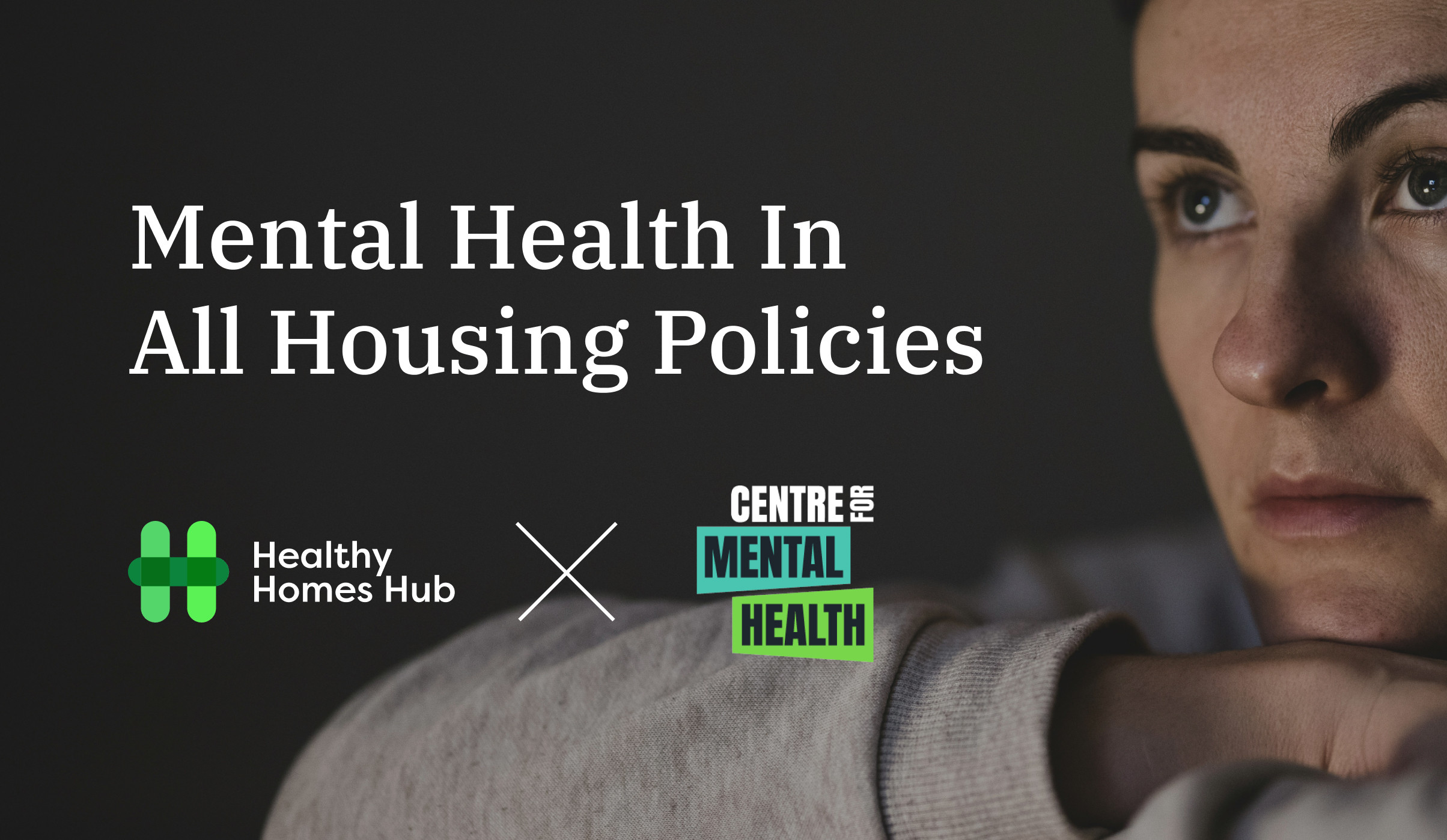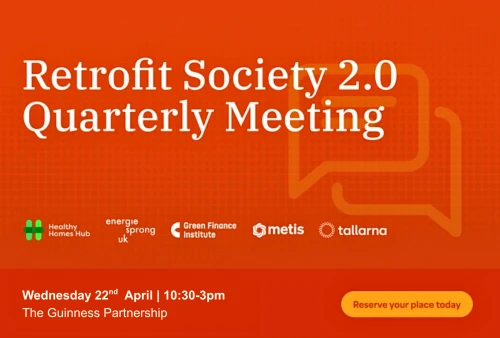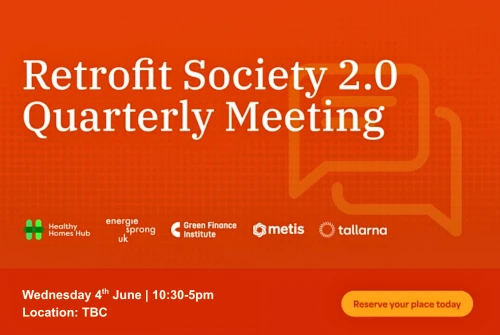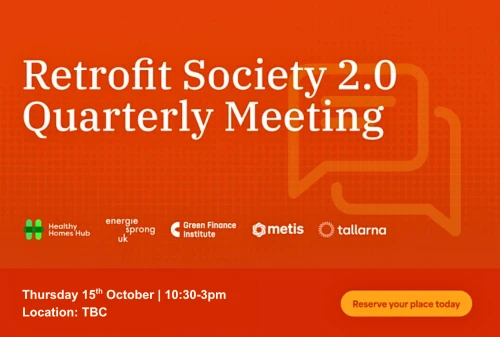Healthy Homes: Achieving Net Zero Through Well-being
15/11/2024

Net-zero goals are vital in tackling climate change. The UK has a legal target to reduce all greenhouse gas emissions to net zero by 2050. The housing sector and, more widely, real estate are significant contributors to global emissions.
To name a few figures, The built environment generates 40 per cent of all global CO2 emissions. In the UK, housing emissions are estimated to be 8.1 tonnes of CO2 per household per year. Most commentators would agree that we still face a monumental challenge in reducing our carbon footprint and making housing more sustainable.
However, the focus on technical jargon often leaves residents disengaged. Conversations with housing associations indicate that up to 40% refusal rates are a significant barrier in retrofit projects. Technical language scares people off and may go over their heads. Two-thirds of residents don’t consider improvements. The most common reason for this was the perception that their home was already efficient enough (35%), followed by not owning their own home (29%) and changes costing too much money (28%).”
Resident engagement and consultation are critical in any retrofit project. Shifting the conversation to health and well-being resonates more with individuals, leveraging this approach to increase community engagement and action.
Become a member to read this article and more!
Social Housing Providers, Local Government, and Academics can sign up for free to access this article and more.
Already registered? Login Here
Related Content
What Are the Benefits of Being a Member of the Healthy Homes Hub?
Industry Recognition and Networking:
Connect with a thriving network of over 350 housing organisations, including decision-makers, innovators, and leaders. Build partnerships that enhance your professional growth and create lasting business opportunities.
Showcase Your Expertise:
Demonstrate your impact by participating in exclusive case studies, webinars, and events. Highlight your contributions to creating healthier, sustainable homes, reaching a broad audience across the sector.
Influence Policy and Advocacy:
Be part of shaping housing policy through direct engagement with policymakers and advocacy efforts. Stay at the forefront of discussions driving meaningful change in the housing sector.
Access to Market Insights:
Gain access to Healthy Homes Hub’s regular newsletters, expert analysis, and resources. Stay informed about trends, regulations, and innovative practices that affect housing professionals.
Specialised Events and Workshops:
Take part in events like the Immersive Study Tours, offering hands-on learning and networking opportunities. Visit groundbreaking projects and facilities to explore real-world solutions for healthier and more sustainable homes.
Exclusive Tools and Resources:
Only members can upgrade to Housing Sage, a cutting-edge AI assistant tailored to social housing professionals. Benefit from personalised insights, regulatory guidance, and innovative ideas to enhance your operations.
Collaboration Opportunities:
Contribute to Healthy Homes Hub’s mission by sharing best practices, participating in action learning programmes like the Retrofit Society, or co-developing solutions with academic and industry leaders.









